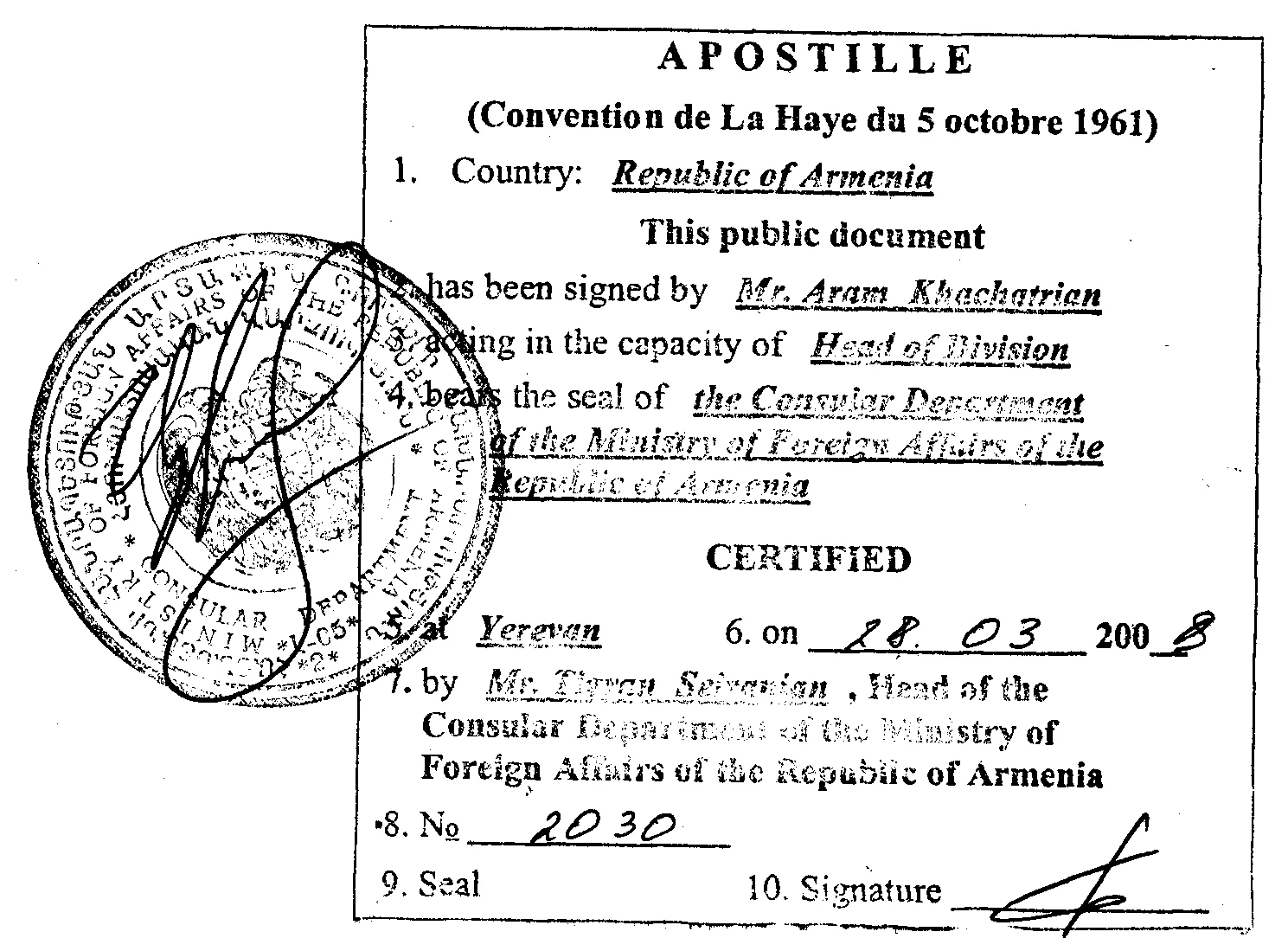Recognizing the Apostille Refine: A Comprehensive Overview to International Document Verification
Navigating the elaborate landscape of international paper authentication can be intimidating without a clear understanding of the apostille procedure. This guide meticulously outlines the required steps, from identifying which documents need certification to sending them for verification by the Competent Authority. Understanding the importance of an apostille and recognizing potential risks, such as insufficient entries and language barriers, can significantly simplify the verification trip. What precisely defines an apostille, and why is it so essential for files predestined for Hague Convention countries? These inquiries create the foundation of our exploration right into this vital lawful procedure.
What Is an Apostille?
An apostille is a main accreditation that validates the credibility of a file for usage in another nation. This accreditation, issued by an assigned authority in the nation where the record came from, guarantees that the paper is recognized as legitimate and legit in the global arena. The process of getting an apostille entails a number of actions, including the confirmation of the paper's signatures, seals, and stamps by suitable governmental bodies.
The apostille functions as a globally recognized form of verification, enabled by the Hague Convention of 1961. This treaty, officially called the Hague Convention Abolishing the Demand of Legalisation for Foreign Public Documents, systematizes the procedure of file qualification amongst member nations. The apostille itself is a standard certification which contains certain information, such as the providing authority, the nation of beginning, and the date of issuance.
It is essential to keep in mind that not all files are qualified for an apostille. Usually, public documents like copyright, marital relationship licenses, court orders, and instructional diplomas get approved for this certification. Private files, such as agreements and agreements, may require notarization and additional steps to qualify.
Value of Apostille
Recognizing what an apostille is sets the phase for appreciating its significance in global ventures. houston tx apostille. An apostille, basically a type of accreditation released by a marked authority, validates the authenticity of a record for usage in international nations that are signatories to the Hague Apostille Convention. This standard procedure removes the requirement for further legalisation by consular offices or consular offices, thus simplifying worldwide transactions
The significance of an apostille can not be overemphasized. It ensures the reliability and approval of vital papers-- such as birth certifications, marital relationship licenses, and educational diplomas-- throughout borders. find this For companies, it assists in the smooth conduct of international trade, mergers, and acquisitions by providing a relied on method of file verification. This decreases governmental obstacles, conserving both time and resources.
In addition, an apostille boosts lawful safety and security and compliance. Governments and organizations can confidently depend on the authenticity of documents birthing an apostille, reducing the threat of scams and misrepresentation.
Files That Call For Apostille
When involving in worldwide purchases or legal issues, particular records typically require the verification offered by an apostille. This ensures their acknowledgment and approval in nations that are notaries to the Hague Apostille Convention. Commonly, personal documents such as birth certifications, marriage certifications, and death certifications call for an apostille, specifically when they are utilized for procedures like migration, marriage abroad, or global probate matters.
Educational documents are another group often requiring apostilles. Diplomas, records, and academic records usually require this authentication for functions such as going after more education and learning, employment, or specialist licensing in a foreign nation (houston tx apostille). This action ensures that the papers are identified as genuine and legitimate
Lawful files, consisting of powers of attorney, affidavits, and court orders, also generally demand apostilles. Service files such as certifications of consolidation, laws, and industrial contracts may call for an apostille to help with worldwide trade, develop foreign branches, or participate in cross-border legal process.
Steps to Obtain an Apostille

Getting an apostille involves a multi-step process that guarantees the authenticity and approval of your documents in international countries. The initial action is identifying which files need an apostille. houston tx apostille. Common documents include copyright, marital relationship licenses, scholastic records, and company documents
As soon as determined, the file has to be certified by the proper providing authority. After accreditation, the record needs to be submitted to the assigned Competent Authority in the file's country Learn More of beginning.
The submission procedure typically requires a finished application type, the original paper, and a fee. Some territories might use the option of expedited processing for an additional fee. Upon effective confirmation, the Competent Authority will certainly fasten the apostille certificate to the paper, consequently verifying its authenticity.
Usual Challenges and Solutions
Navigating the apostille process can present a number of usual challenges that, if not correctly attended to, might delay or complicate document authentication. Each country has details requirements for the kinds of documents that can be apostilled, and any type of inconsistency from these can result in being rejected.
An additional usual obstacle is useful content recognizing the diverse processing times. Processing times can differ dramatically in between countries and even between different areas within the same country. It is important to represent these variants when intending the apostille procedure to avoid unexpected hold-ups.
Furthermore, language obstacles can position substantial obstacles. Files in an international language frequently need qualified translations, and any kind of errors in translation can cause additional difficulties. Involving an expert translation service can minimize this risk.

Verdict
Understanding the apostille process dramatically enhances the effectiveness of international document authentication. By understanding the necessity of recognizing and certifying required documents, and navigating the entry to the Competent Authority, the procedure comes to be much more manageable. Understanding of usual difficulties, such as insufficient submissions and language barriers, better aids in protecting against potential delays. Guaranteeing papers are appropriately apostilled facilitates their acceptance in Hague Convention signatory nations, thereby supporting smooth worldwide legal and management treatments.